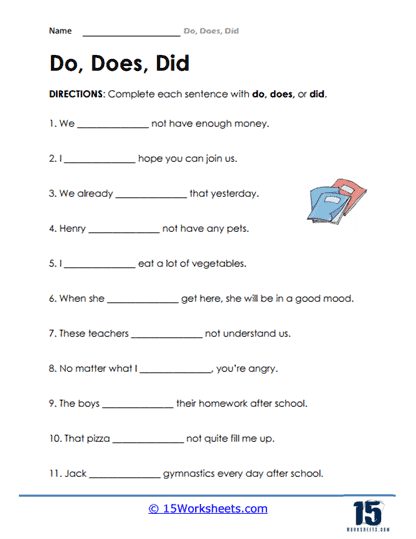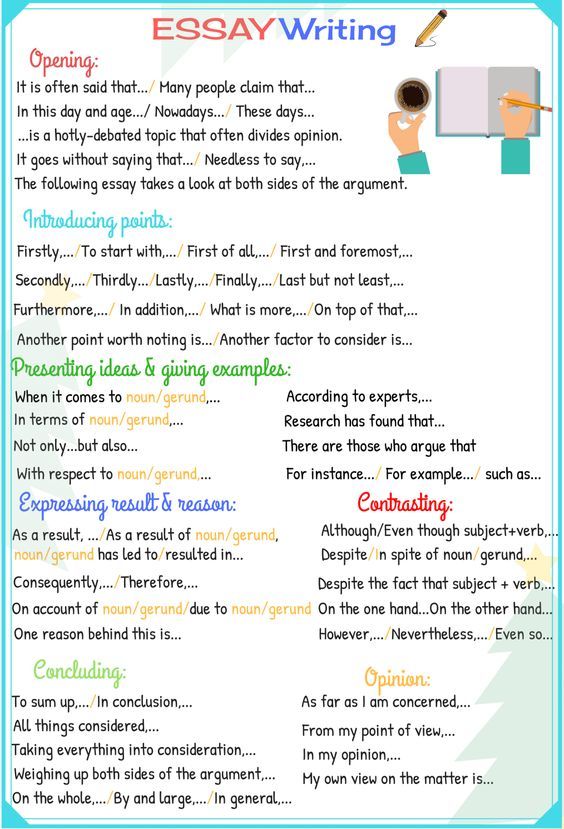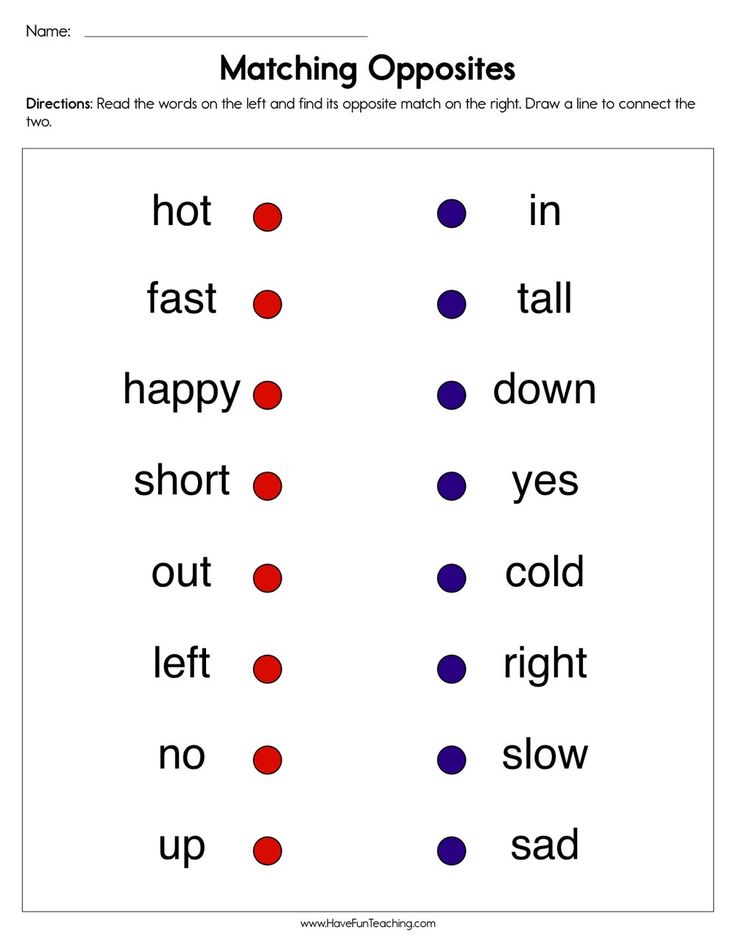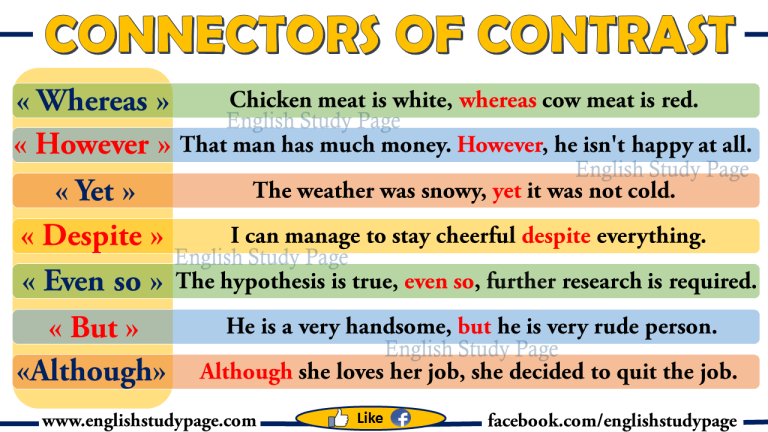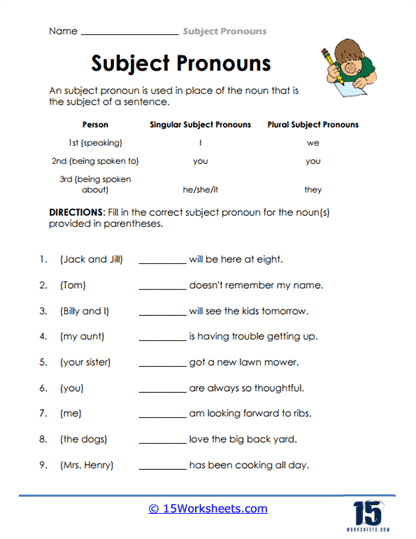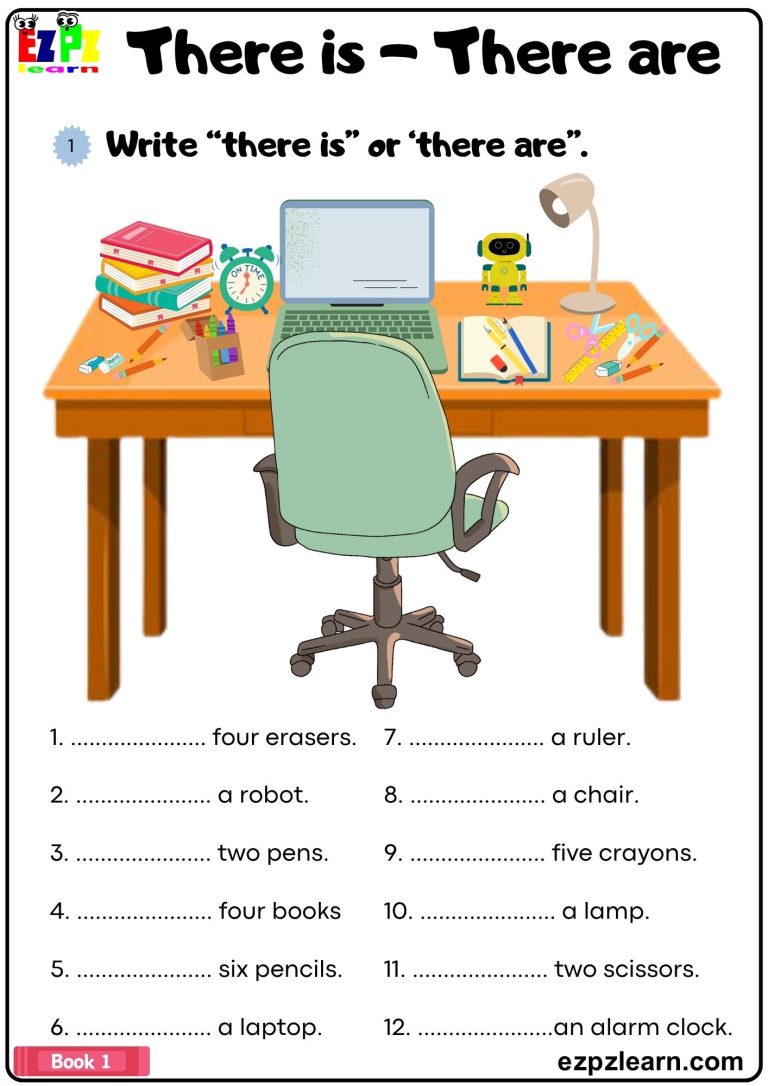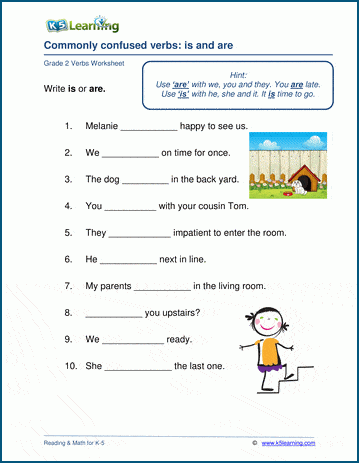Do Does Did Worksheet
Are you looking for a fun and effective way to master English verb usage? The “Do Does Did Worksheet” is your go-to resource for sharpening your language skills.
Whether you’re a student eager to improve your grammar or a teacher searching for useful materials to engage your class, this worksheet is designed with you in mind. Imagine confidently using these essential verbs in everyday conversations and writing with ease.
This tool not only simplifies learning but also makes it enjoyable. Ready to transform your understanding and boost your confidence in English? Keep reading to discover how this worksheet can make a difference in your learning journey.

Credit: worksheets.clipart-library.com
Grammar Basics
Do, does, and did are verbs. They help form questions and make sentences clearer. Do and does are present tense. Did is past tense. Use do with I, you, we, and they. Use does with he, she, and it. For example, “I do my homework.” or “She does her chores.”
Did is simple. It talks about things that happened before. For instance, “I did my homework yesterday.” Worksheets help practice these verbs. Fill-in-the-blank exercises are useful. Kids enjoy learning with them. Parents can assist. Teachers use worksheets in class. They are fun and engaging.
Credit: edform.com
Importance Of Auxiliary Verbs
Auxiliary verbs are helping words. They make sentences clearer. These verbs include do, does, and did. They are used with the main verb. They show time and tense. Do is for the present. Does is also for the present but with he, she, it. Did is for the past.
These verbs help ask questions. Example: “Do you like apples?” They help make negatives. Example: “She does not like apples.” They also help make sentences stronger. Example: “He did finish his homework.” Using them correctly makes your sentences better.
Differences Between Do, Does, And Did
Do is used with I, you, we, and they. It is used for actions happening now. For example: “Do you like ice cream?” This means you are asking now. Questions often start with “Do.” It helps in asking about habits. “Do” also helps in giving commands or making requests.
Does is for he, she, and it. This word is also for present actions. For example: “Does she like to sing?” This asks about her habit or preference. “Does” changes verbs. It makes them match the subject. This happens with he, she, or it.
Did is used for actions in the past. It works with all subjects. For example: “Did they go to the park yesterday?” This means the action happened before now. “Did” helps in asking about past events. It makes asking questions about the past easy.

Credit: www.pinterest.com
Common Mistakes
Many confuse the use of “do,” “does,” and “did” in worksheets. Mistakes arise when matching tense and subject incorrectly. Practicing helps understand their proper application.
Misplacement In Sentences
Many learners often put “do,” “does,”and “did”in the wrong place. This can make sentences confusing. “Do” and “does” are used in present tense. “Did” is for past tense. Place these words before the subject in questions. For example, “Does he play soccer?” is correct. “He does play soccer?” is wrong. The position matters.
Tense Confusion
Mixing tenses is a common issue. “Do” and “does” help with present actions. “Did” talks about past actions. Many confuse these. Use “does” with he, she, and it. Use “do” with I, you, we, and they. Always check the tense. Did is used for actions already done. Example: “Did you eat?” means the action is in the past.
Practical Exercises
Practice makes learning fun. Complete each sentence with do, does, or did. Look at the sentence carefully. Choose the right word. Here’s an example: “_______ you like ice cream?” The answer is do.
Try these: 1. _______ she go to school? 2. I _______ my homework yesterday. 3. They _______ not know the answer. 4. _______ he play soccer on weekends? 5. We _______ this every day.
Rearrange words to make a correct sentence. This will help you learn sentence structure. Example: “does/like/what/she?” Correct order: “What does she like?”
Try these: 1. “the/does/play/he/guitar?” 2. “did/last/night/watch/movie/they/a?” 3. “do/like/cats/you?” 4. “she/homework/her/does/when?” 5. “we/yesterday/park/the/visit/did?”
Tips For Mastery
Practicing every day helps you learn better. Use worksheets often. Fill them with care. Spot mistakes and fix them quickly. This builds strong skills over time. Repetition makes learning easier. It helps words stick in your mind. Try to solve different questions. This will challenge your brain. Solving more problems makes you better.
Learning with examples helps a lot. Use sentences from real life. This shows how words work in different places. Stories make rules clear. They help you see words in action. Context gives meaning to what you learn. It makes it easier to remember. Relate new words to things you know. This builds connections in your mind.
Resources For Further Learning
Explore online resources to improve understanding of “Do, Does, Did” worksheets. Access free printable worksheets for practice. Discover educational videos that explain grammar rules clearly.
Online Tools
Explore interactive gamesthat help with learning. There are fun quizzes to practice the words “do”, “does”, and “did”. Kids can find videos that explain these words simply. Websites offer worksheetsto download and print. Parents can use these tools to help their kids learn better. Teachers find these resources helpful too.
Recommended Books
Books are a great way to learn. Find books that focus on grammar for kids. Look for books with lots of examples. Choose books that have simple explanations. Some books come with exercises to practice. These books help understand the use of “do”, “does”, and “did”. Libraries often have a good selection for children. Bookstores can also provide guidance on which books are suitable.
Frequently Asked Questions
What Is A Do Does Did Worksheet?
A Do Does Did worksheet is an educational tool. It helps students practice using auxiliary verbs correctly. These worksheets typically include exercises, fill-in-the-blank activities, and quizzes. They aim to improve grammar skills related to present and past tense verb usage.
How To Use Do Does Did Worksheets Effectively?
To use them effectively, start with simple exercises. Gradually increase difficulty as understanding improves. Encourage consistent practice for better retention. Review incorrect answers to understand mistakes. This method helps reinforce learning and improves grammar proficiency.
Why Are Do Does Did Worksheets Important?
These worksheets are crucial for mastering English grammar. They focus on auxiliary verbs in different tenses. This understanding is essential for constructing correct sentences. Regular practice enhances language skills and boosts confidence in communication.
Are Do Does Did Worksheets Suitable For All Ages?
Yes, they are suitable for various age groups. Worksheets can be tailored to different skill levels. They are effective for children, teenagers, and adults. The key is to adjust difficulty according to the learner’s proficiency.
Conclusion
Worksheets on “Do Does Did” help improve English skills easily. They offer practical exercises to enhance understanding and usage. Practicing these worksheets can boost confidence in sentence formation. They also make learning engaging and fun. Learners can gradually master these auxiliary verbs.
Consistent practice leads to better language proficiency. Understanding grammar basics becomes simpler with these tools. Worksheets serve as a valuable resource for teachers and students. They support learning in a structured way. Use them regularly for noticeable improvement in English skills.
Enjoy the journey of learning with these helpful exercises.
